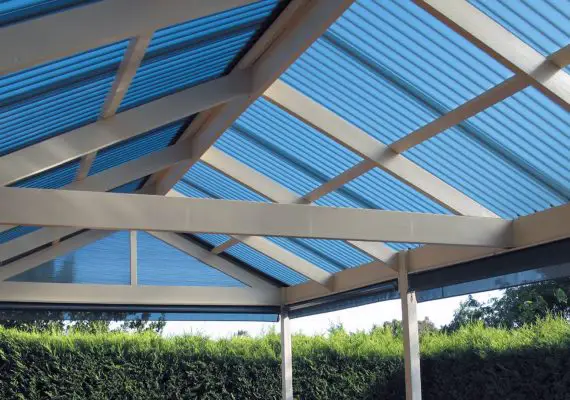Are Lightweight Roof Tiles Any Good?
Are Lightweight Roof Tiles Any Good?
There are many benefits to choosing lightweight roof tiles over traditional roofing materials. They are easier to install and transport, and they last longer. In the long run, they are the most cost-effective choice.
Lightweight roof tiles are made of a variety of materials, including metal, plastic, and composite. They are designed to be lighter and easier to install than traditional roofing materials.
This makes them ideal for use in areas where traditional roofing materials would be difficult or expensive to install. Lightweight roof tiles are also cheaper to transport than traditional roofing materials.
This is because they are lighter and take up less space. This makes them ideal for use in areas where traditional roofing materials would be difficult or expensive to transport.
Are Metal Roof Tiles Good?
Metal roofs are a fantastic alternative for homeowners. Metal tiles are more expensive than roofing materials, but the benefits outweigh the expense.
You’ll receive a speedy installation, a long-lasting outcome, and an attractive home that may save you money on energy costs and upkeep. They are also eco-friendly, as they last a long time and are made from recyclable materials.
Are Monier Roof Tiles Good?
Monier roof tiles are an excellent tile choice for all kinds of properties. With over 100 years in the business, Monier knows how to design roof tiles that offer protection from the harshest Australian weather conditions.
The company’s roof tiles are made from various materials, including concrete, terracotta, and metal, and they come in various colors and styles to suit any home’s design. A 50-year warranty backs Monier’s tiles, so you can be sure they’ll stand the test of time.
Are Plastic Roof Tiles Cheaper?
Plastic roof tiles are normally one of the more expensive types of tile, but they also have several advantages. They require little to no care during their lifetime, in contrast to many other varieties of roof tile, which sometimes require regular repair owing to issues such as chipped tiles.
When maintenance expenses are included, the overall cost of plastic roof tiles against other varieties can soon balance out. It must be noted, however, that the cost of plastic roof tiles will vary based on their thickness and quality.
Are Redland Roof Tiles Good?
Redland roof tiles are some of the most popular roofing materials on the market. They are known for their exceptional build quality, a wide range of profiles and finishes, and for being made from clay or concrete.
There are many reasons why Redland roof tiles are a good choice for your roofing needs. For one, Redland roof tiles are extremely durable. They can withstand high winds and heavy rain and will not rot or warp over time.
Additionally, Redland roof tiles are fire resistant, meaning they can help protect your home in the event of a fire. Another benefit of Redland roof tiles is that they are low maintenance. They do not require painting or staining and are easy to clean.
Additionally, these tiles can be used multiple times, extending their life. Redland roof tiles are a DIY-friendly option that does not require professional installation.
Are Roof Tiles 100% Waterproof?
Roof tiles are not 100% waterproof, which means that waterproofing a tiled roof is necessary to prevent water from penetrating through cracks or imperfections in the roof tiles or under the appropriate combination of rain and wind.
There are a variety of ways to waterproof a tiled roof, depending on the severity of the problem and the desired level of protection. For example, sealing the cracks and joints in the roof tiles with a waterproof sealant can help to prevent water from seeping through.
Are Roof Tiles A Standard Size?
Plain roof tiles are normally 265x165mm in size. These tiles have a covering capacity of 60 tiles per metre squared, a minimum headlap of 65mm, and a maximum batten gauge of 100mm.
Roof tiles, on the other hand, come in a wide variety of forms and sizes, and roof structures can vary substantially. The fact that your roof structure is curved or sloping will affect the best option for tiles. Consult with a professional tile installer to determine which size you need.
Are Roof Tiles And Shingles The Same?
There are a few key differences between roof tiles and shingles. For one, tiles are generally more durable than shingles. Tiles are made of fired clay or concrete, while shingles are typically made of asphalt.
As a result, tiles can withstand stronger winds and perform better in cold regions. Additionally, tiles typically last 50 to 100 years, while shingles only last about 20.
Another key difference between these two types of roofing materials is their appearance. Roof tiles are typically flat and smooth, while shingles have a more textured surface.
Additionally, roof tiles come in a variety of colors and styles, while shingles are typically only available in a few colors. So, if you are looking to replace your roof, remember that roofs can be made up of a combination of tile and shingle.
